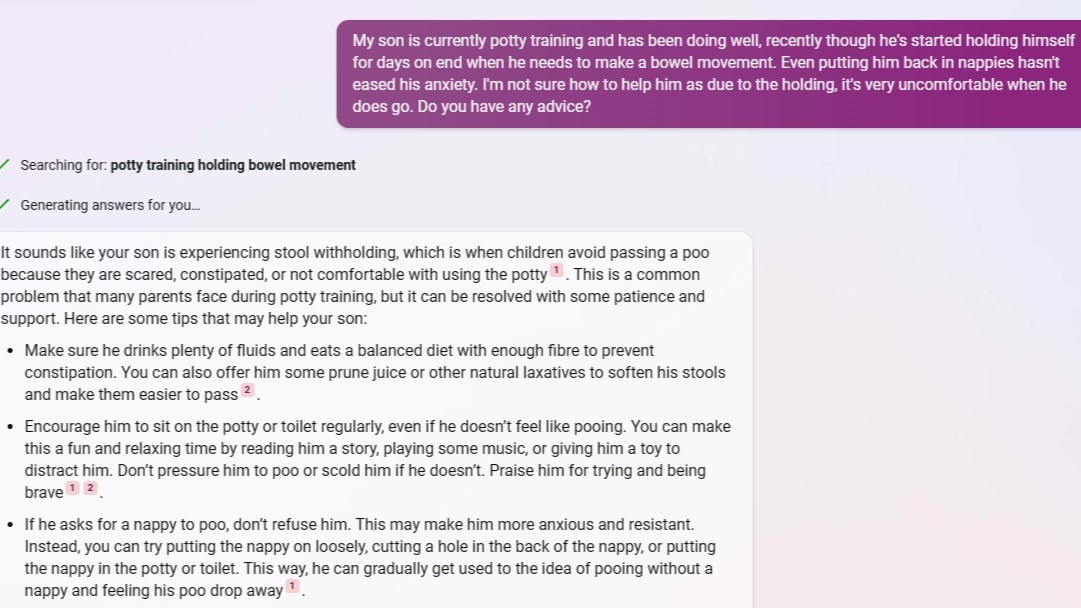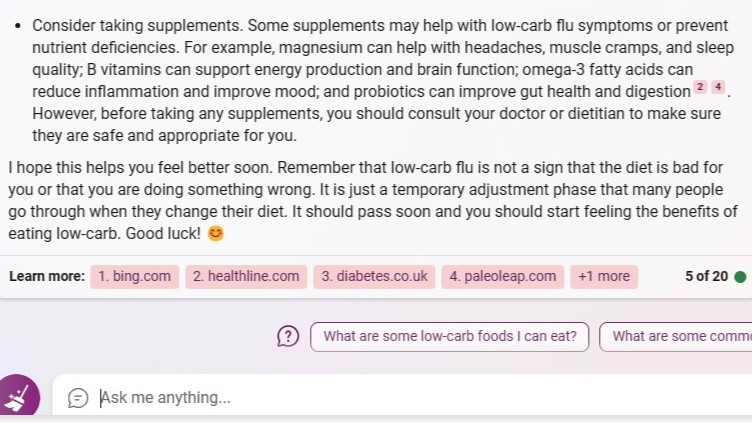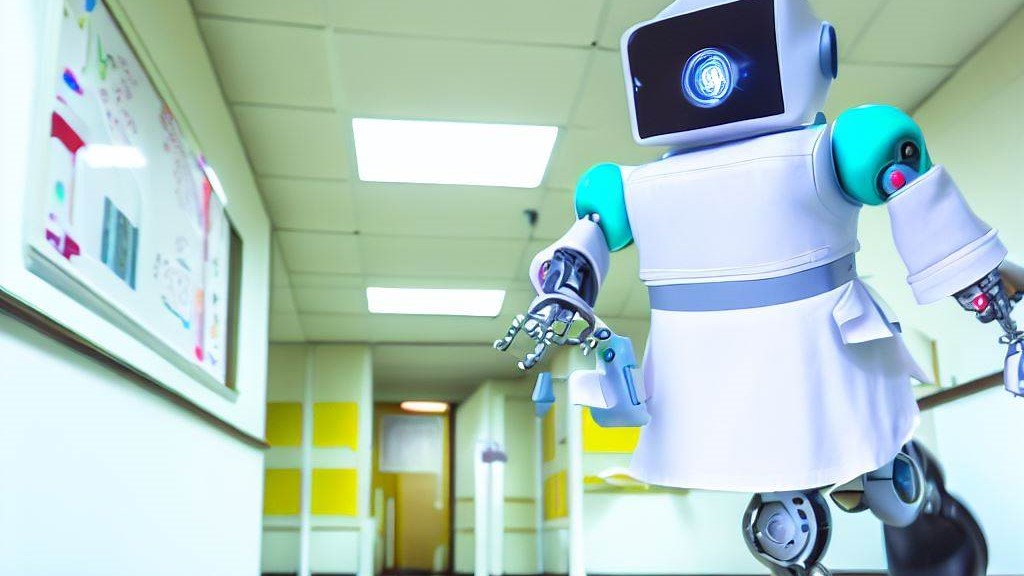It’s well documented how the UK’s health service is a total shambles at the moment. The NHS (National Health Service) has been eroded so much that to get a doctor’s appointment, if you’re not waiting in a telephone queue of fifty people on the day you’re not going to get seen, you’d better try again tomorrow.
Before the pandemic, a survey by YouGov in 2016 reported that over half of adults in the UK self-diagnosed themselves when unwell rather than visiting a medical professional. Virtual healthcare rose in popularity during and post covid, with 1.7 million people in the UK estimated to have self-reported long COVID.
With minor health concerns, trying to get an appointment can feel like an obstacle course. The temptation strikes to start Googling your symptoms and self-diagnosing. There is a wealth of information out there, and by all means, you can sometimes find accurate answers online.
Unfortunately, there can be too much information. Four links deep, you can convince yourself that your rash is a symptom of something much worse because “that’s exactly what happened to this one guy in the Daily Mail.” A rapid switch from a minor ailment to wondering if you have only weeks left to live.
For these reasons, I always advise friends and family not to Google their symptoms. Use the official NHS website if you must. Recently I found myself wanting some good old-fashioned advice and a conversation with some solutions but searching aimlessly online had got me nowhere. Could Bing Chat be the answer to my prayers?
Toddler troubles
I have a toddler who is currently potty training. I benefited from connecting with a Health Visitor for my eldest child pre-pandemic, a service for children under five in the UK. I could call for advice and even make appointments on the fly, though I took this service for granted as we no longer enjoy such luxuries after the pandemic era.
Unless your child grows an extra head, getting a Health Visitor appointment is about as likely as winning the lottery. Without going into too much grim detail about bowel movements, we had almost cracked potty training until my son started holding himself for days on end. I didn’t want to search aimlessly for solutions. I wanted to chat with someone about our specific scenario and get some tips actually tailored to our circumstances.
Knowing the Health Visitor was a dead end after my last attempt to make an appointment, I remembered some of the funny conversations I’d had with Bing Chat recently and figured it couldn’t hurt to ask Bing for some advice.

Above is just an excerpt of the conversation I had with Bing about my toilet training conundrum, and while I didn’t use all of the tips, some genuinely had never crossed my mind. I felt like I’d had a real conversation with an understanding entity.
Bing signed off our ‘appointment’ with, “I hope this helps you and your son. Remember that stool withholding is not your fault or his fault. It is a common challenge that many families face during potty training, but it can be overcome with some time and support. Good luck!” and a smile emoji. Service with a literal (virtual) smile.
Dietary advice
Having recently started a new eating regimen to solve some health problems, I developed other symptoms probably caused by eating too few carbohydrates. There are subreddits, YouTube videos, books, and a wealth of other sources about low-carb eating and the extra steps involved to ensure you’re getting the correct amount of nutrients. Still, I wanted a quick answer that didn’t involve sifting through reams of content.

Not only did Bing give me some great advice, but it also signed off with something of a pep talk and a “hope you feel better soon.” The experience felt more personal than a Google search, where the information presented to me is often overwhelming and rarely tailored to my individual needs.
Will AI be the future of healthcare?
While I am not advocating that readers run to Bing Chat or other AI tools for their healthcare, and stand firm that an actual doctor has your medical history and additional important information an AI won’t be privy to, AI can give a more balanced approach if you find yourself with only virtual tools to fall back on. Bing Chat was helpful to me in my scenarios simply for sifting through too much information and providing at least some credible sources for its advice.

With an increased demand for online and face-to-face services recently, more research is happening into how AI can be used to support even mental health therapy. A recent WHO study found AI revolutionary in quality-checking therapy sessions, diagnosing mental health conditions, and providing online chatbots to people seeking advice.
However, the study concluded that while AI has the potential to aid mental health services, implementing it raises concerns about protecting patients’ data and following specific ethical processes in the medical field. It must be used with qualified human health professionals to prevent becoming over-reliant on AI tools. In December 2022, study results were presented at a WHO event titled “Big data analytics and AI in mental health,” with professionals seemingly welcoming AI with open arms in hopes of eventually lightening their workloads.
Bing isn’t going to replace my actual Doctor anytime soon, and for any serious issues, I’ll always fall back to more advocated routes of the official health service. Still, for minor queries in the meantime, I’ve shelved Dr.Google for Dr.Bing MD.




